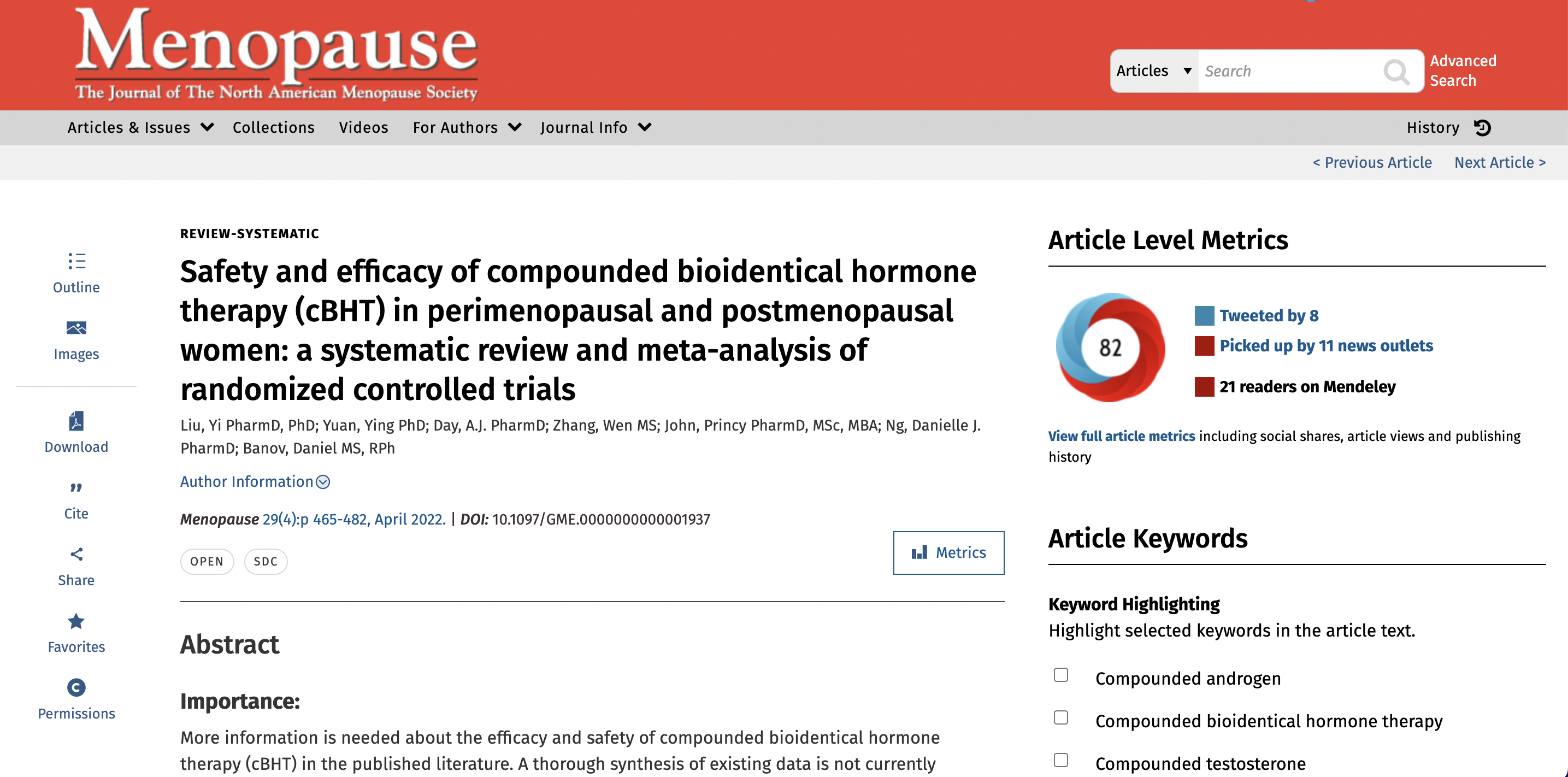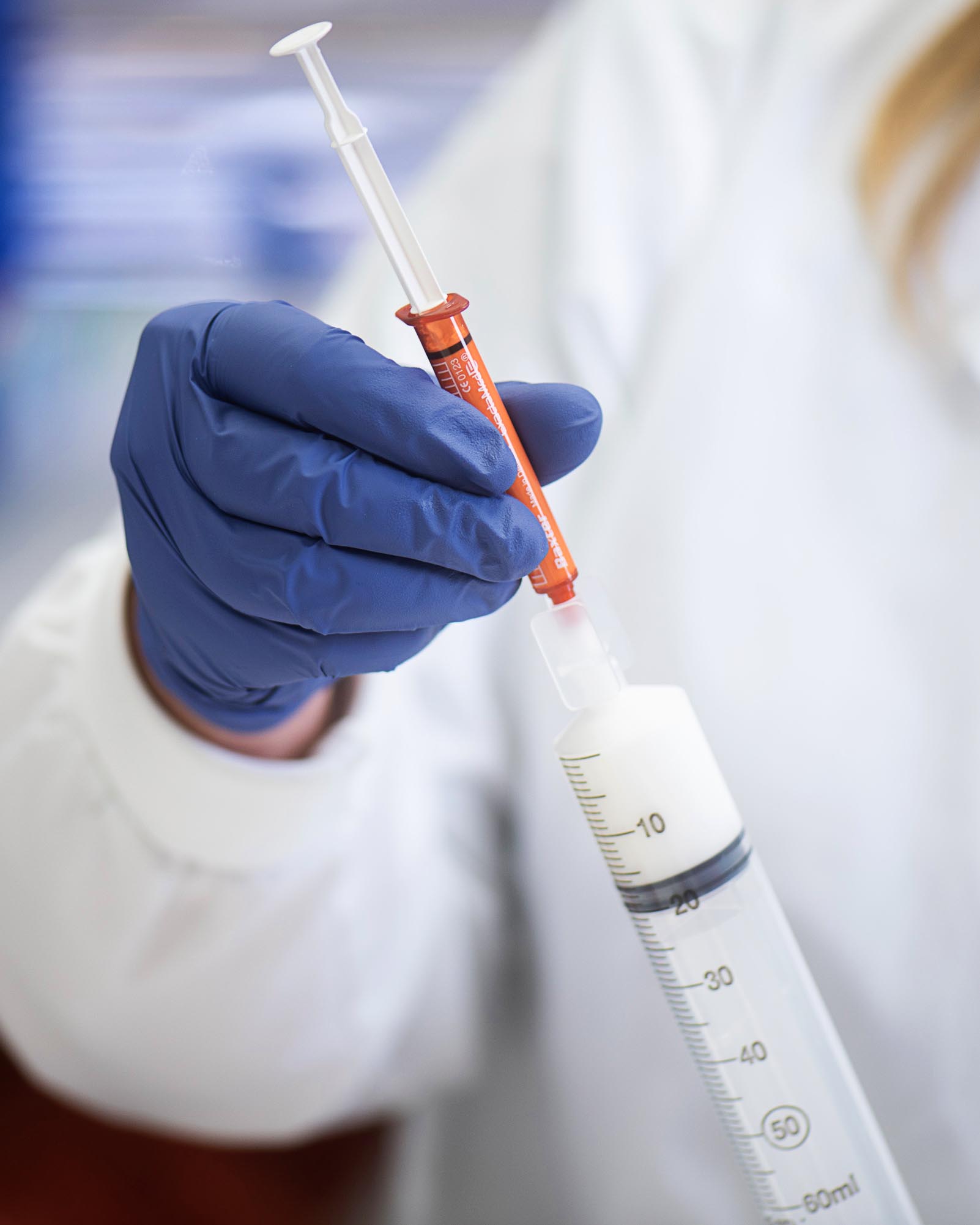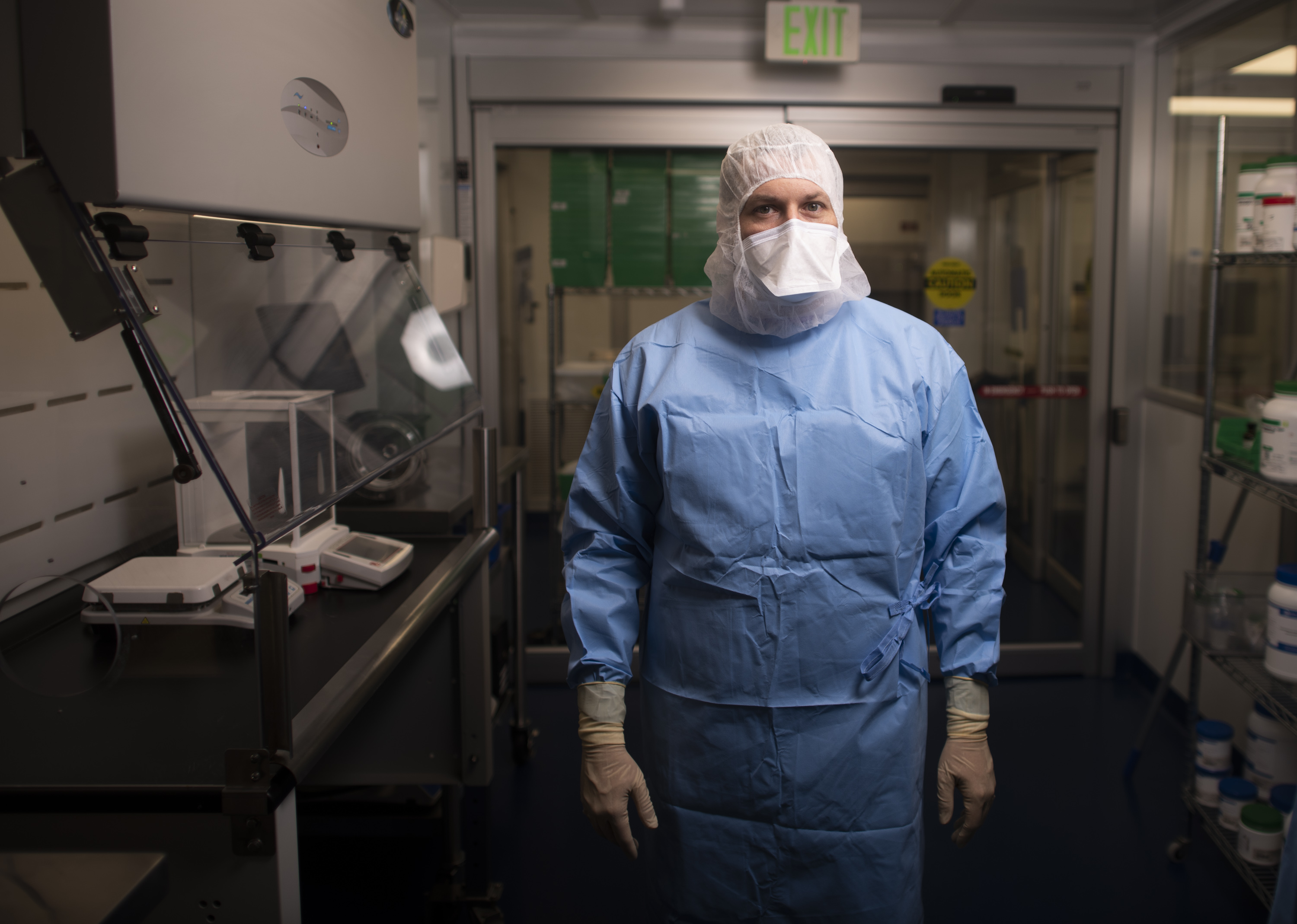
Countless people have benefitted from bioidentical hormones since their discovery in the 1930’s. Even today, millions of menopausal women are actively treating their symptoms with bioidentical compounded hormone therapy. Yet despite this long and active record of success, the FDA-funded NASEM report claims the committee found only 13 qualified studies relevant to the safety and efficacy of cBHT - a point they used to support the need for sweeping restrictions on compounded hormones.
But the compounding community is fighting back. The Pharmacy Compounding Centers of America (PCCA), an organization that serves compounding pharmacies with education and equipment, conducted their own system review and meta-analysis “to better evaluate the quality and quantity of data.”
According to PCCA’s published research, the review included thousands of existing studies “related to the safety and efficacy of commonly prescribed nonsterile compounds for perimenopausal and postmenopausal women.” And the results were significant, though not surprising. Not only did they identify a large amount of relevant data excluded from NASEM’s report, but the analysis provided clear insights on existing safety and efficacy data:
“With consistent outcomes for indicators of risk and benefit…our meta-analysis showed that, despite the heterogeneity of the studies, patients benefited from compounded hormone therapy,” explains A.J. Day, PCCA Vice President of Clinical Services.
To mitigate myopic reports such as the one from NASEM, Day says, the compounding industry must focus a greater effort on publishing clinical data on all therapies to educate policymakers, clinicians, and patients.
Read more about PCCA’s report and visit compounding.com to lend your support in the fight to protect access to vital compounded hormones.





